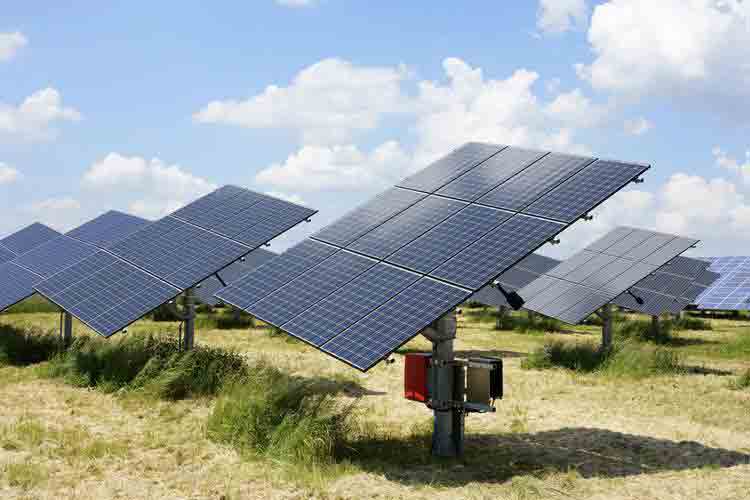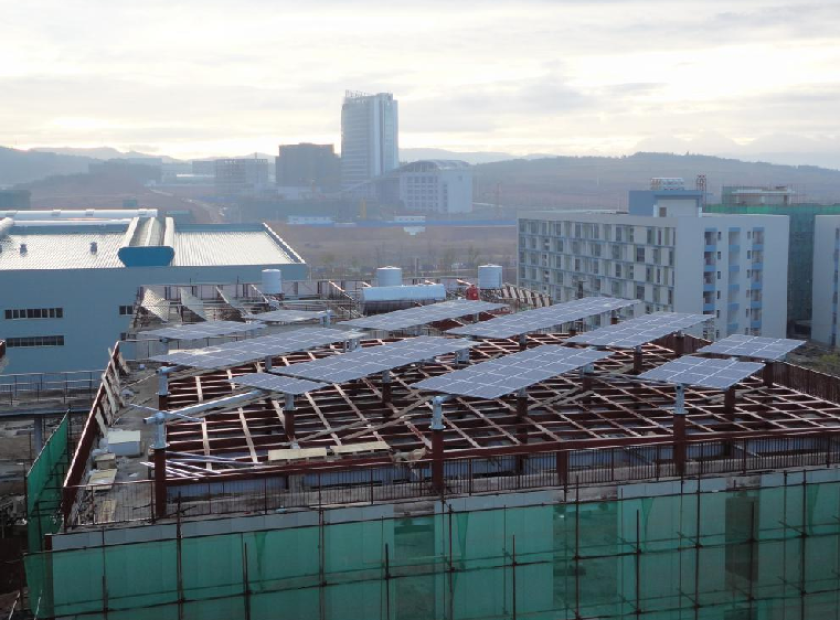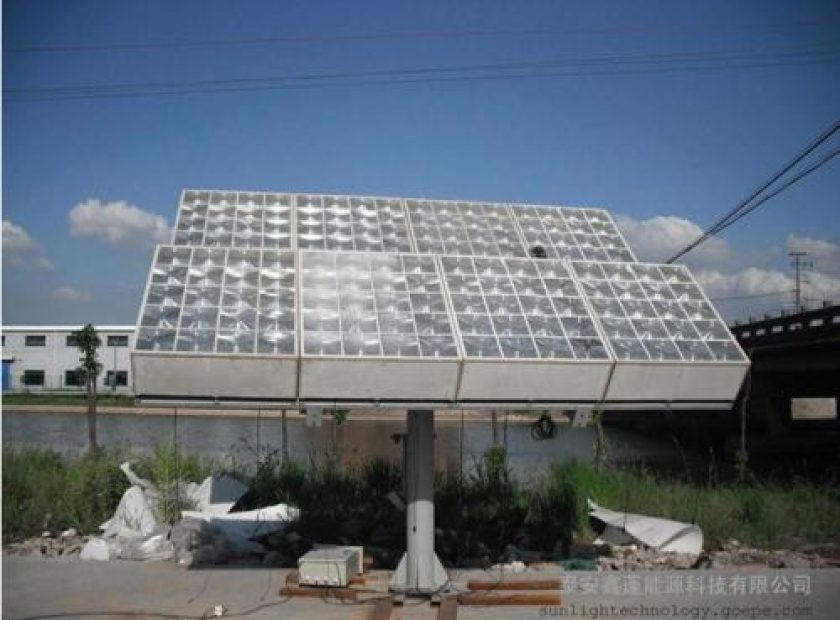Solar Trackers in Modern Agriculture: Applications and Benefits Introduction
Agriculture is one of the most energy-intensive sectors,and with the growing emphasis on sustainability,there’s a significant push towards integrating renewable energy sources.Solar energy,in particular,has shown great potential due to its abundance and low environmental impact.A key innovation that enhances solar energy’s effectiveness in agricultural settings is the solar tracker for farm use.This article will explore the applications and advantages of solar trackers in agriculture.
Applications of Solar Trackers in Agriculture
Solar trackers are mechanisms that adjust the position of solar panels to follow the sun’s path,optimizing the capture of solar energy.In agriculture,these trackers can be used in various ways:
• Irrigation Systems:Solar trackers can power irrigation systems,ensuring that crops receive consistent water supply without relying on grid electricity.
• Greenhouses and Controlled Environment Agriculture:In greenhouses,solar trackers can provide the necessary energy to maintain optimal growing conditions,such as lighting and temperature control.
• Livestock Management:Solar trackers can supply power to automated feeding systems,water dispensers,and environmental control systems for livestock.
• Agroforestry:In agroforestry systems,solar trackers can be used to manage lighting and water systems for tree crops and intercropped plants.
• Agrivoltaics:This is a relatively new concept where solar panels are integrated with agricultural land,allowing for dual use of the land for both energy production and farming.
Advantages of Solar Trackers in Agricultural Settings
• Increased Energy Efficiency:By continuously adjusting to the sun’s position,solar trackers maximize the energy output from solar panels,which can be crucial for energy-intensive agricultural operations.
• Cost Savings:Over time,the increased energy production can lead to significant savings on energy costs,making farming operations more economically viable.
• Environmental Sustainability:Solar trackers contribute to reducing the carbon footprint of farms by generating clean,renewable energy.
• Reliability:Solar trackers provide a reliable source of energy that is not subject to the fluctuations and inconsistencies of grid electricity.
• Space Optimization:With solar trackers,solar panels can be positioned to minimize shading and maximize sunlight exposure,making better use of available space.
• Versatility:Solar trackers can be adapted to various types of solar panels and can be installed in different terrains,making them suitable for diverse agricultural settings.
• Future-Proofing:As the world moves towards more sustainable energy practices,investing in solar trackers can future-proof farms against rising energy costs and regulatory changes.
The integration of solar trackers into agricultural operations offers numerous benefits,from increased energy efficiency to cost savings and environmental sustainability.As technology advances and the understanding of renewable energy systems grows,solar trackers are poised to become an integral part of modern agriculture.By harnessing the power of the sun more effectively,solar trackers can help farms reduce their reliance on traditional energy sources,paving the way for a more sustainable and resilient agricultural sector.






